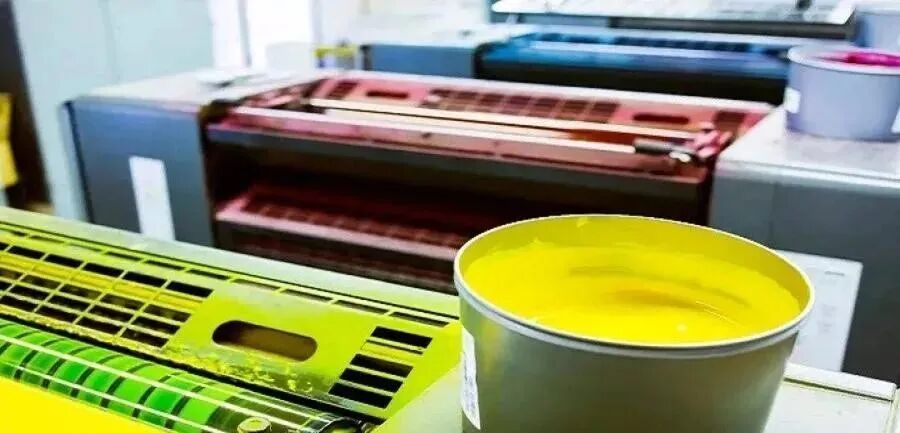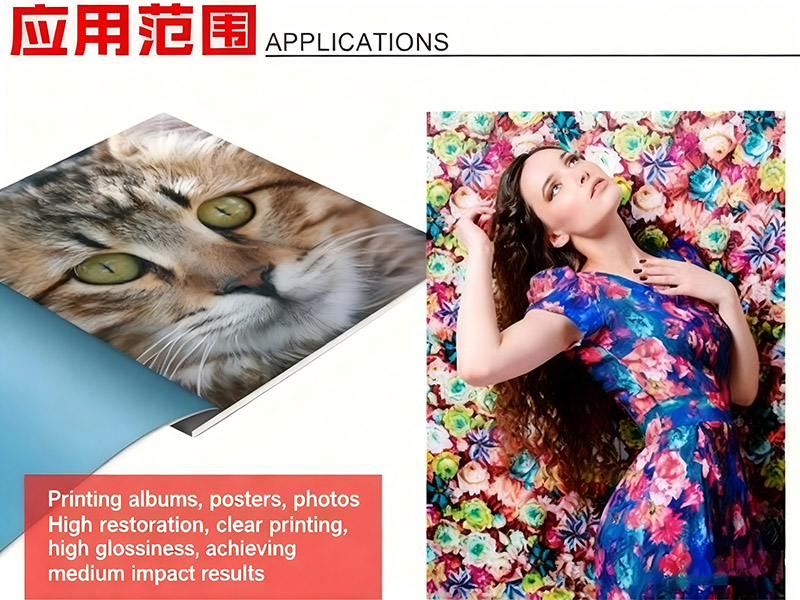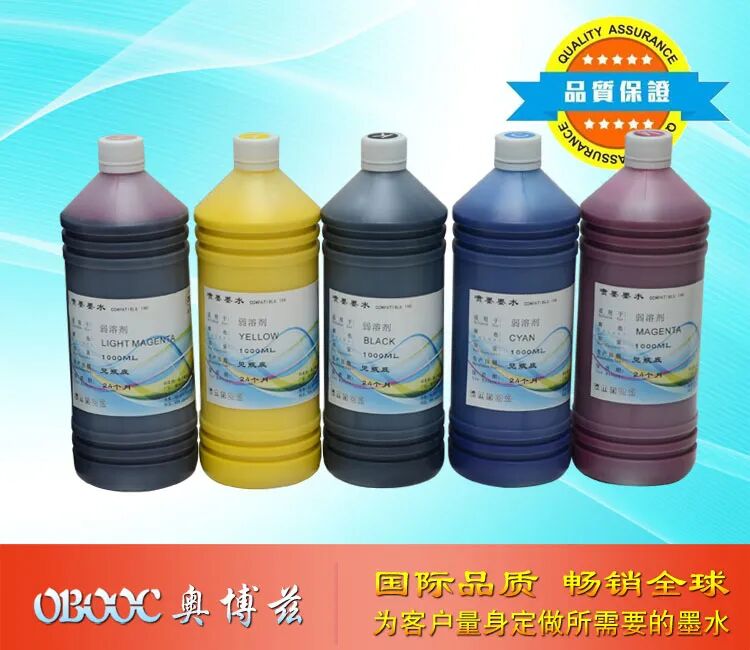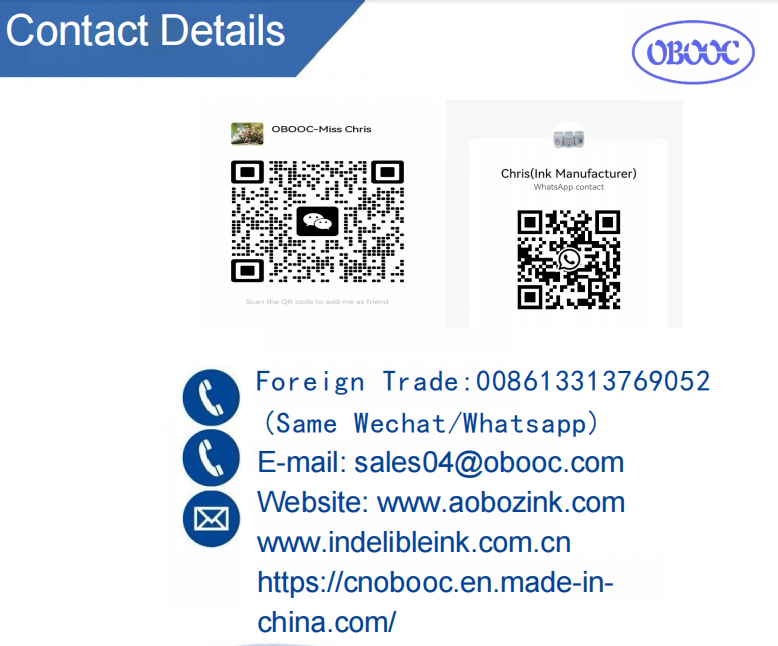Oil-based inks have unique advantages in many printing scenarios.
It exhibits excellent compatibility with porous substrates, easily handling both coding and marking tasks as well as high-speed printing applications—such as Riso printing and printing on tiles or other substrates requiring rapid ink absorption. Its fast adhesion and drying properties ensure that printed content remains sharp and durable.
Regarding Material Composition
It is formulated with long-chain ethylene glycol, hydrocarbons, and vegetable oil as base solvents. Long-chain ethylene glycol imparts excellent fluidity to the ink, hydrocarbons enhance adhesion, and the addition of vegetable oil-based solvents may reduce VOC emissions compared to traditional oil-based inks. However, the specific.
Regarding Drying and Penetration Performance
Oil-based inks deliver outstanding performance in this regard. Leveraging the capillary action of porous substrates, ink droplets are rapidly absorbed, significantly shortening drying time to meet high-speed printing requirements. Meanwhile, optimizing droplet spreading and penetration by adjusting solvent ratios and adding additives such as resins can improve print clarity and edge sharpness.
Regarding Adhesion and Weather Resistance
Compared to other ink types, oil-based inks offer stronger adhesion on non-absorbent substrates and superior weather resistance, but their environmental friendliness is generally inferior to water-based inks. They dry faster than neutral inks but may exhibit slightly lower color vibrancy.
Directions for the Improvement of Oil-Based Inks
Amid the trend of increasingly stringent environmental regulations, oil-based inks also require continuous advancement. Exploring low-VOC vegetable oil-based formulations is a viable direction—this not only reduces environmental impact but also maintains their inherent excellent performance as much as possible, balancing the dual demands of performance and environmental friendliness.
Founded in 2007, OBOOC is the first manufacturer of inkjet printer inks in Fujian Province. As a national high-tech enterprise, it has long been committed to the application R&D and technological innovation of dyes and pigments. Adopting imported raw materials, it features environmentally friendly formulations and advanced processes, enabling it to meet customers' personalized needs for "tailor-made" inks. The oil-based inks produced by Aobozi offer smooth printing, vibrant colors with high fidelity, and excellent stability. Printed images require no lamination, remain unsmudged when exposed to water, and have an optimal drying speed. Additionally, they possess environmental protection properties with low odor, causing no substantial harm to the human body—making them an ideal printing material.
The oil-based inks produced by OBOOC deliver smooth printing with vibrant colors and high color fidelity.
Post time: Nov-28-2025





